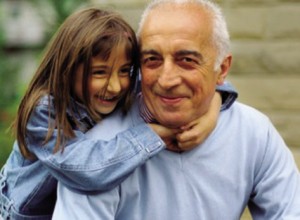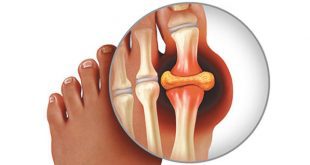– By Ramon A. Gil, M.D. – Medical Director, Parkinson’s Disease Treatment Center of SW Florida –


The negative impact in the quality of life (q.o.l.) of patients with PD created by behavioral problems, including drug induced psychosis has been increasingly recognized. More so since the incremental use of dopamine agonists (DA) over the past 15 years and the number of publications reporting the so called “impulse control disorders” and “sleep attacks”, caused by dopaminergic therapy, in particular DA.
Very seldom patients or care partners openly bring to the discussion during a visit to their neurologist or Primary Care Physician (PCP) their concerns about hyper sexuality, visual hallucinations, paranoid delusions, compulsive behavior, etc. There are many factors involved in this unfortunate reality, but clearly, lack of awareness and understanding creates a number of misconceptions in the mind of both, patient and caregiver, which prevent them from having access to adequate therapy.
It is critical for patients and care partners to be aware of these complications, since delaying the treatment will often result in hospitalizations and/or placement in long term facilities, which could had been avoided or significantly delayed with proper medical treatment.
There are many different pharmacologic and non pharmacologic interventions that could improve these patients functional status as well as their q.o.l. and their care partners.
We are currently participating in different clinical trials, some of which address non motor problems in PD patients, such as psychosis and orthostatic hypotension. We will soon initiate enrollment for another one to treat sialorrhea (drooling).
Some “non motor” problems include:
- Memory loss, depression and dementia
- Confusion, behavioral problems* (including hallucinations, delusions and compulsiveness) anxiety, apathy, mood changes
- Low blood pressure upon standing
- Sleep disturbances
- Constipation, gastroparesis, sialorrhea (drooling)
Treatment is available. Please feel free to contact us at 941-743-4987 with your questions and/or to schedule a “free screening visit”.
Ramon A. Gil, M.D.
941-743-4987
Parkinson’s Disease Treatment Center of SW Florida
 Southwest Florida's Health and Wellness Magazine Health and Wellness Articles
Southwest Florida's Health and Wellness Magazine Health and Wellness Articles

